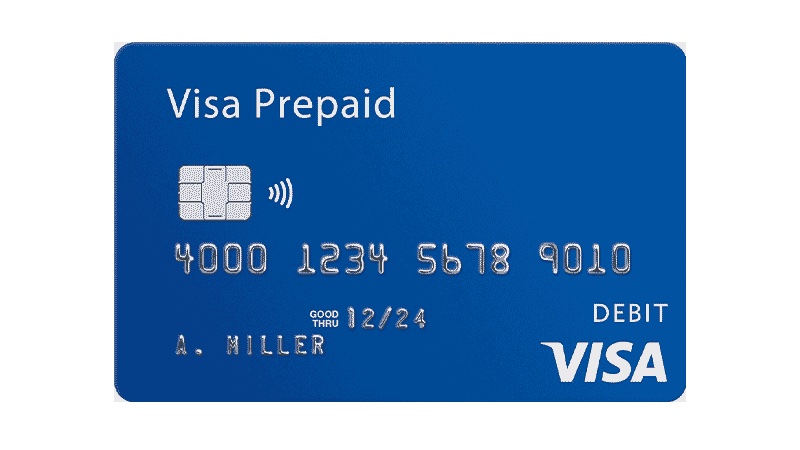A prepaid debit card is an alternative to a bank account. It allows you to spend only the money you load onto the card, with no overdraft. Like debit cards, prepaid cards work at any merchant that accepts its payment network, such as Visa or Mastercard.
Many prepaid debit cards don’t require credit checks, so they’re easy to get. If you don’t have access to a bank account, prepaid cards can be a solution to safely spending money without having to use a bank. Here’s how you can get a prepaid debit card and how they work.
How do I buy a prepaid debit card?
You can buy a prepaid debit card from a bank, credit card company or other financial services provider. When you purchase one, your card funds are usually part of an account held by a bank or credit union.
How prepaid debit cards work
Prepaid cards vary widely, but they tend to have these features in common:
- Fees: You might have to pay for activating or getting a card, making deposits and using out-of-network ATMs. There’s often a monthly fee, which sometimes can be waived — by having direct deposits, for example. Some cards charge a fee for every purchase and ATM transaction.
- Reload options: You can usually add money to a card in multiple ways, such as setting up direct deposits, loading cash at participating retailers and depositing checks at ATMs. Some cards also let you make online transfers or mobile check deposits from a smartphone.
- Amount limits: Some cards restrict how much you can withdraw, reload or spend during a certain period, such as a day or month.
- Protections: Reloadable prepaid cards have the liability and fraud protections required of debit cards by federal law. Some cards offer purchase protections, but it can be difficult to dispute unauthorized transactions or correct errors.
- Expiration dates: Prepaid cards have expiration dates. Funds on the cards shouldn’t expire but you’ll need to be reissued a card before it expires so you can continue using it.
- Other features: Some prepaid cards offer check writing, online bill pay and multiple copies of a card for family members. A rare few even offer rewards such as cash back on purchases, similar to what rewards credit cards do.
Limitations of prepaid debit cards
Prepaid debit cards have major limitations compared with bank accounts and credit cards. Although they typically have online services, many prepaid cards lack standard banking services, such as a way to withdraw or reload cash for free. The money you load on a card probably won’t earn interest, either.
If you only want to load cash for safekeeping, and don’t plan to make many withdrawals, it may be better to find a high-rate savings account for your funds. Prepaid debit cards don’t affect your credit, so they won’t help build it, either.
Prepaid debit cards vs. credit and debit cards
Here’s a quick breakdown of the differences:
- Prepaid debit cards — pay before: You load money onto the card via cash, checks, direct deposit or a transfer from another account before paying for transactions. No checking account is required.
- Debit cards — pay now: You use money directly from a checking account when paying for purchases or withdrawing money from an ATM.
- Credit cards — pay later: You borrow money from a bank when you use the card and pay the money back later.
Prepaid debit card alternatives
If a prepaid debit card isn’t quite right for you, you can find a good alternative with a no-fee checking account. Though some checking accounts come with monthly costs, a growing number of online institutions offer accounts without monthly fees or minimum balance requirements, and there are options if you’ve had problems with bank accounts in the past.
Is a prepaid debit card the best option for you?
Prepaid debit cards can be useful. There may be other products to better help you manage your money and build credit. But answering these questions will help determine if prepaid is the best option for your needs:
What is the main reason you want to get a prepaid debit card?
- I want to avoid paying bank account overdraft fees
- I want to avoid paying credit card interest
- I don’t have a bank account
- I’m having trouble getting a credit card
- The card is for someone else.

